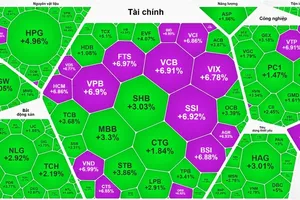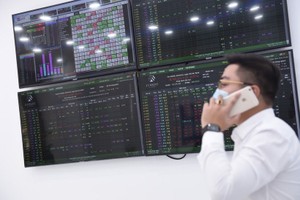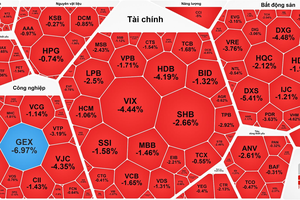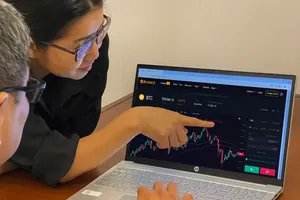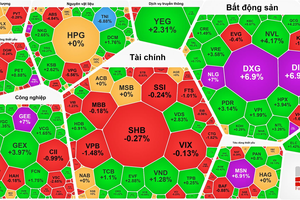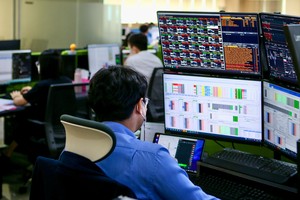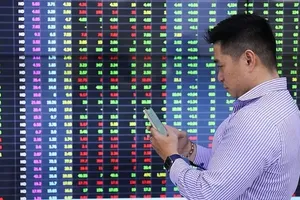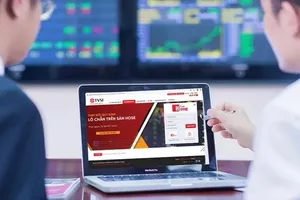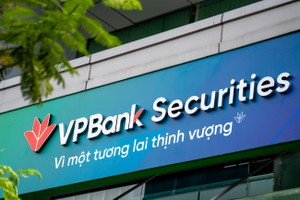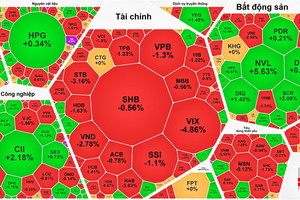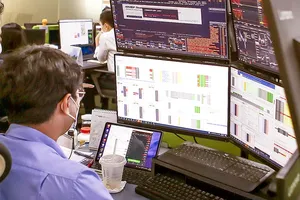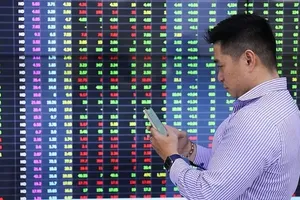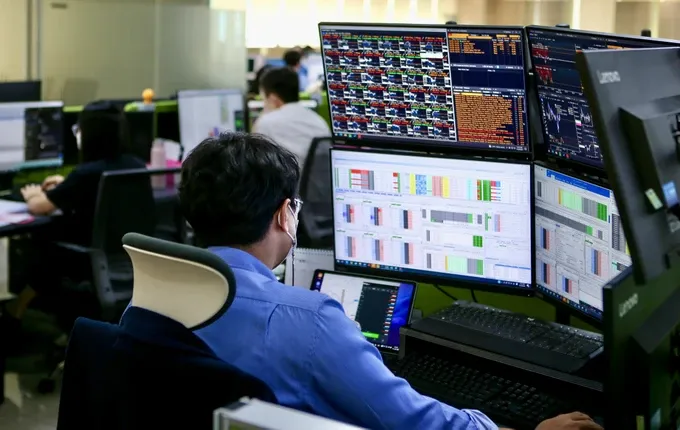
While global stock market indices have consistently reached new highs, the VN-Index has struggled to surpass the 1,300-point mark and has subsequently retreated. This paradox occurs against the backdrop of the Vietnamese economy, consistently lauded as a regional and global bright spot. However, domestic and global macroeconomic fluctuations suggest that the Vietnamese stock market is poised for a significant leap.
Thanks to the US Federal Reserve's decision to cut interest rates after four years, leading to lower US interest rates, the flow of international investment could be towards emerging and frontier markets, including Vietnam.
This is expected to make way for the State Bank of Vietnam to maintain an accommodative monetary policy, thereby supporting the economy and boosting market liquidity. In immediate response, in the last week of September, liquidity in the Vietnamese stock market improved as foreign investors returned to net buying, propelling the VN-Index from 1,270 points to nearly surpassing 1,300 points.
Domestically, the government's commitment to post-disaster recovery, as evidenced by the issuance of numerous policies to support businesses, is forecast to accelerate economic recovery. Furthermore, increased public investment disbursement and credit expansion will stimulate economic growth, providing a positive foundation for the stock market.
Another event that has captured the attention of investors is the issuance of Circular 68/2024 by the Ministry of Finance (effective as of November 2), which permits foreign institutional investors to purchase shares without the requirement of pre-funding. This regulation has addressed a critical bottleneck, bringing the Vietnamese stock market closer to its goal of being upgraded to emerging market status in the FTSE classification, with the decision scheduled for September next year.
Mariam Sherman, the World Bank Country Director for Vietnam, Laos, and Cambodia, recently estimated that upgrading Vietnam's stock market could attract an additional US$25 billion in foreign investment by 2030. To successfully absorb this substantial influx of capital, the domestic stock market must continue to undergo reforms, such as addressing foreign ownership limits, further privatizing state-owned enterprises, and improving the investment environment to foster greater transparency.
In addition, the effectiveness of the stock market also hinges heavily on the contributions of market participants, including securities companies, service providers, and public companies, in enhancing the quality of information disclosure, governance, and the overall quality of listed securities.
The HCMC Stock Exchange (HOSE), in particular, must expedite the implementation of the Korea Exchange (KRX) system to mitigate trading congestion and establish the necessary infrastructure for the central counterparty clearing (CCP) model. This will address one of the key bottlenecks in the upgrade process, namely the requirement for pre-trade margin.
One of the most pressing concerns for investors is establishing a transparent, equitable market environment that mitigates risks and discourages manipulative practices. The stock market is, after all, a market of trust. Although some market manipulation activities have been detected and addressed in the past, investor confidence has been tested, affecting the market's sustainability and stability.
Therefore, functional agencies must strengthen their oversight of law enforcement, taking strict action against manipulative practices to restore investor confidence and promote healthy market operations.
